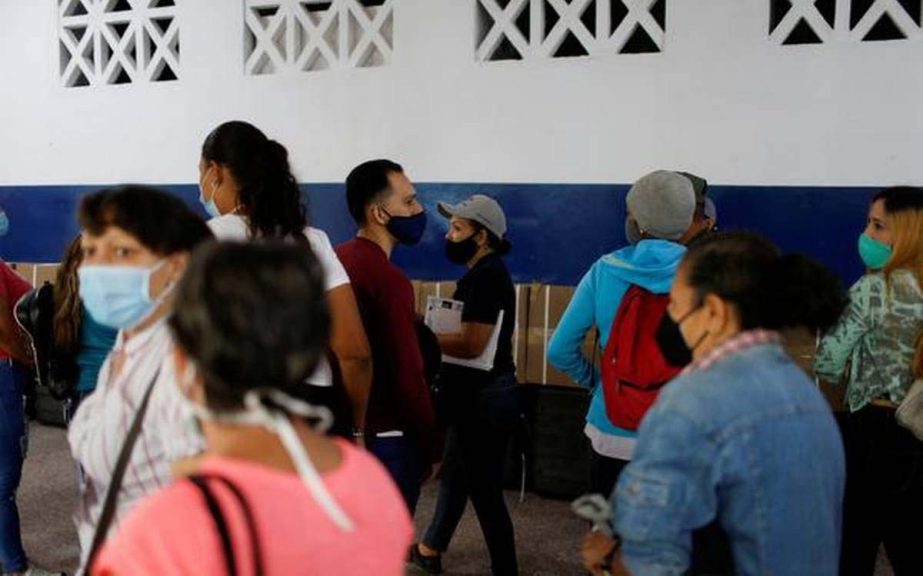
AP, Venezuela :
Venezuela’s electoral system will be put to the test Sunday when millions of voters across the South American country are expected to decide thousands of races in highly scrutinized regional elections.
The contest will be observed by more than 130 international monitors, mostly from the European Union, satisfying a longstanding demand of the opponents of President Nicolás Maduro. It will mark the first time in four years the main opposition parties will participate in an election, a decision that came amid now-suspended negotiations between the ruling party and adversaries.
More than 21 million Venezuelans are eligible to vote in over 3,000 contests, including for 23 governors and 335 mayors positions. More than 70,000 candidates entered the races.
Maduro is not on the ballot. His term ends in 2025. But what is at stake is the legitimacy of the National Electoral Council, which has often been accused of setting conditions favorable of Maduro’s allies after years marked by their decisions to disqualify parties and some of the most popular opposition candidates.

International observers have been deployed across Venezuela to observe electoral conditions such as fairness, media access, campaign activities and disqualification of candidates. They are expected to release a preliminary report early next week and an in-depth look next year.
It is the first time in 15 years that EU observers are in Venezuela. In previous elections, foreign observation was essentially carried out by multilateral and regional electoral organizations close to the Venezuelan executive.
Historically, voter turnout has been low for state and municipal elections. The abstention ceiling has hovered around 70%.
Regardless of turnout, Sunday’s elections could mark the emergence of new opposition leaders, consolidate alliances and draw the lines to be followed by Maduro’s adversaries, who arrive at these elections decimated by internal fractures, often rooted in their frustration at not being able to knock from power the heirs of the late President Hugo Chávez.
“What we are going to see is a fight for second place because second place will symbolically mean which opposition should be stopped more, that will have a weight,” said Félix Seijas, director of the statistical research firm Delphos. He added that the results will show who ultimately “is the second force” of the country, and which segment of the opposition represents it.”

